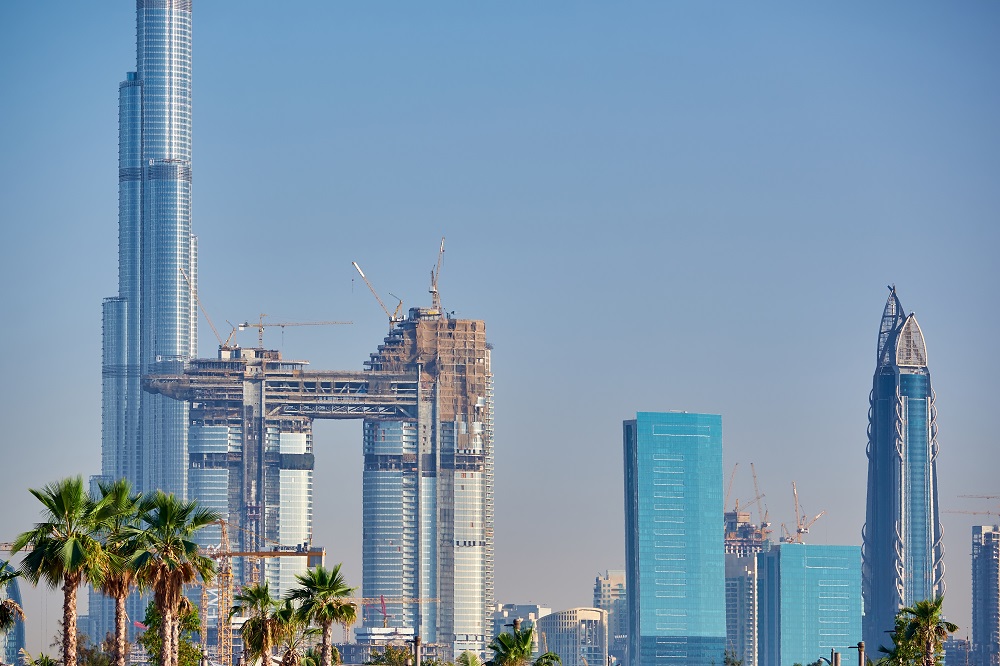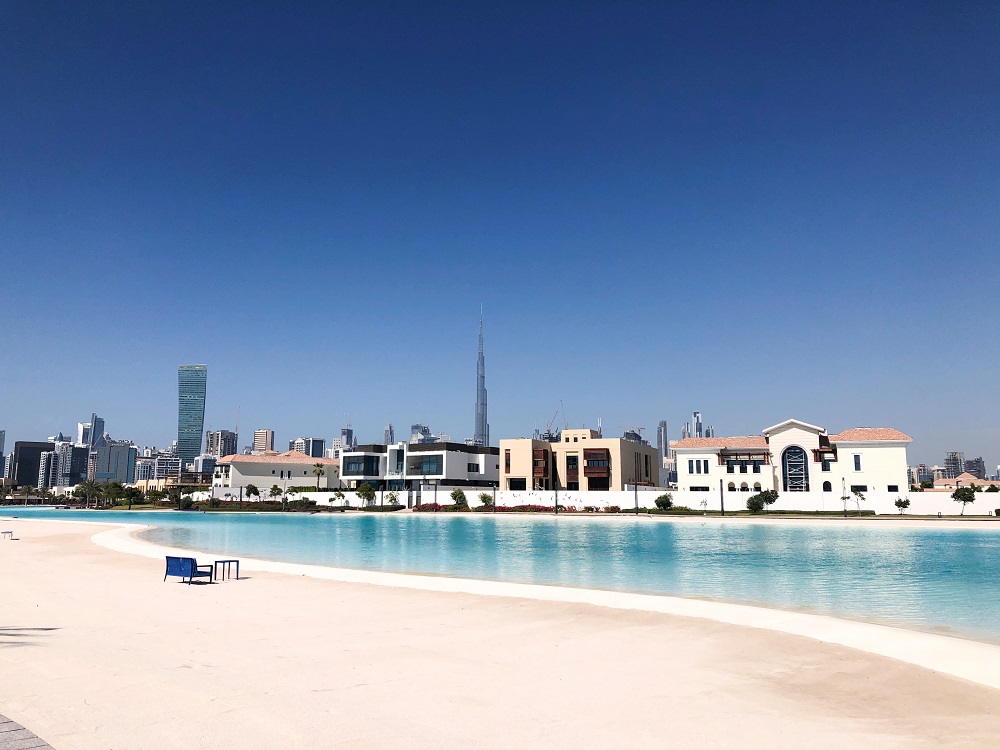Complete Guide to Buying Property in Dubai

Dubai has emerged as one of the world’s most attractive real estate destinations, offering foreign investors unprecedented opportunities to buy property in Dubai and build substantial wealth through property investment UAE strategies. With its tax-free environment, world-class infrastructure, and strategic location connecting East and West, Dubai’s property market continues to attract international buyers seeking both lifestyle upgrades and lucrative investment returns.
Table of Contents
- Understanding Dubai’s Property Ownership Framework
- Setting Your Budget and Financial Planning
- Choosing the Right Area for Your Investment
- Navigating the Legal Process and Documentation
- Understanding Title Deeds and Property Rights
- Securing Financing and Mortgage Options
- Due Diligence and Property Inspection
- Investment Returns and Market Outlook
- Conclusion
The emirate’s progressive approach to foreign ownership, combined with its robust legal framework and transparent processes, makes buying property in Dubai more accessible than many investors initially realize. Whether you’re seeking a luxury apartment in Downtown Dubai, a waterfront villa in Palm Jumeirah, or a modern townhouse in Dubai Hills Estate, understanding the complete process is essential for making informed investment decisions.
Understanding Dubai’s Property Ownership Framework
Dubai operates under a unique dual-ownership system that determines where foreign nationals can buy property in Dubai. The emirate is divided into freehold and leasehold areas, with freehold zones offering complete ownership rights to international buyers. This distinction is crucial for anyone considering property investment UAE opportunities.
In freehold areas, foreign buyers enjoy full ownership rights, including the ability to sell, rent, or transfer the property without restrictions. These areas were specifically designated to attract international investment and include some of Dubai’s most prestigious neighborhoods. Popular freehold zones include Dubai Marina, Downtown Dubai, Jumeirah Beach Residence (JBR), Business Bay, Dubai Sports City, and the iconic Palm Jumeirah.
Leasehold areas, primarily in older parts of Dubai like Deira and Bur Dubai, allow foreign nationals to lease properties for up to 99 years. While these areas often offer more affordable options, the ownership structure is more complex and may not suit all investment strategies.
Setting Your Budget and Financial Planning
Before diving into the Dubai property market, establishing a realistic budget is paramount for successful property investment UAE ventures. The total cost of buying property in Dubai extends beyond the purchase price and includes several additional expenses that can significantly impact your overall investment.
Dubai’s property prices vary dramatically depending on location, property type, and amenities. A one-bedroom apartment in Dubai Marina might cost AED 800,000 to AED 1.5 million, while a similar property in Downtown Dubai could range from AED 1.2 million to AED 2.5 million. Luxury villas in prime locations like Emirates Hills or Palm Jumeirah can command prices exceeding AED 10 million.
Additional costs include the Dubai Land Department (DLD) registration fee of 4% of the property value, real estate agent commission (typically 2% of the purchase price), and mortgage arrangement fees if financing is required. Property valuation, legal fees, and utility connection charges can add another 1-2% to your total investment. Smart investors typically budget an additional 7-8% above the property price to cover all associated costs.
For example, if you’re purchasing a AED 2 million apartment in Business Bay, expect to pay approximately AED 80,000 in DLD fees, AED 40,000 in agent commission, plus various other charges, bringing your total investment to around AED 2.15 million.
Choosing the Right Area for Your Investment
Location selection is perhaps the most critical factor when you buy property in Dubai, as it directly impacts both rental yields and capital appreciation potential. Each area offers distinct advantages depending on your investment goals and lifestyle preferences.
Downtown Dubai remains the emirate’s crown jewel, home to the Burj Khalifa, Dubai Mall, and Dubai Fountain. Properties here command premium prices but offer excellent rental yields, particularly for short-term vacation rentals. The area attracts business travelers, tourists, and affluent residents, ensuring consistent demand.
Dubai Marina appeals to younger professionals and offers a vibrant waterfront lifestyle with numerous restaurants, cafes, and entertainment options. The area provides good rental yields and has shown steady capital appreciation over the years. Properties range from studio apartments to luxury penthouses, catering to diverse budgets.
Business Bay has emerged as Dubai’s new central business district, attracting major corporations and financial institutions. The area offers more affordable entry points compared to Downtown Dubai while maintaining proximity to key business hubs. Recent infrastructure developments, including the extension of Dubai Water Canal, have enhanced the area’s appeal.
For families, areas like Dubai Hills Estate, Arabian Ranches, and Jumeirah Village Circle offer community living with parks, schools, and family-friendly amenities. These areas typically provide stable rental income from long-term tenants and show consistent capital growth.
Palm Jumeirah represents the ultimate luxury lifestyle, with beachfront villas and apartments offering direct beach access and stunning views. While entry prices are higher, the area commands premium rents and has historically shown strong appreciation.
Navigating the Legal Process and Documentation
The legal process for buying property in Dubai is straightforward but requires careful attention to documentation and procedures. The Dubai Land Department oversees all property transactions, ensuring transparency and protecting buyer rights.
The process begins with property selection and price negotiation. Once terms are agreed upon, buyers typically pay a deposit (usually 10% of the purchase price) to secure the property. This deposit is held in the real estate agent’s escrow account until transaction completion.
A crucial step involves obtaining a No Objection Certificate (NOC) from the property developer or building management. This document confirms that all service charges and maintenance fees are current and there are no outstanding disputes regarding the property. Without a valid NOC, the transaction cannot proceed.
Property valuation is often required, especially if you’re obtaining mortgage financing. Approved valuers provide official property assessments that banks use to determine loan amounts. This process typically takes 3-5 business days and costs between AED 2,500 to AED 3,500.
The final step involves visiting the Dubai Land Department to complete the title deed transfer. Both buyer and seller (or their authorized representatives) must be present with original Emirates ID, passport copies, and all relevant documentation. The DLD processes the transfer, collects fees, and issues the new title deed, typically within the same day.
Understanding Title Deeds and Property Rights
Title deeds serve as the primary proof of ownership when you buy property in Dubai and are essential documents for any property investment UAE strategy. The Dubai Land Department issues these official documents, which contain crucial information about the property, owner, and any encumbrances.
A standard Dubai title deed includes the property’s unique plot number, area measurements, property type, and exact location details. It also specifies ownership percentages if the property is jointly owned and any mortgages or liens against the property. Understanding these details is crucial for buyers, as they affect future transactions and financing options.
Foreign buyers should pay particular attention to the property’s classification on the title deed. Freehold properties are clearly marked as such, confirming the owner’s right to full possession. Leasehold properties will specify the lease terms and expiration dates.
Joint ownership is common in Dubai, particularly for married couples or business partnerships. The title deed will specify each owner’s percentage and rights. This information is crucial for estate planning and future property transfers.
Title deeds can also reveal important restrictions or covenants that might affect property use. Some developments have restrictions on short-term rentals or commercial activities, which could impact your investment strategy. Always review these details carefully before finalizing any purchase.
Securing Financing and Mortgage Options
Many foreign buyers successfully secure mortgage financing to buy property in Dubai, with local and international banks offering competitive packages for non-resident investors. Understanding financing options can significantly expand your property investment UAE opportunities.
UAE banks typically offer mortgages covering up to 75% of the property value for expatriate residents and 60% for non-residents. Interest rates vary but generally range from 3.5% to 5.5% annually, depending on the bank, loan amount, and borrower profile. Loan terms can extend up to 25 years, making monthly payments manageable for most investors.
Emirates NBD, ADCB, and Dubai Islamic Bank are among the leading mortgage providers for foreign buyers. Each institution has specific requirements regarding minimum income, employment status, and down payment amounts. Some banks offer special packages for high-net-worth individuals or professionals in certain industries.
Pre-approval is highly recommended before beginning your property search. This process involves submitting financial documents, including salary certificates, bank statements, and existing debt obligations. Pre-approval not only clarifies your budget but also demonstrates serious intent to sellers and agents.
For example, a buyer earning AED 50,000 monthly might qualify for a mortgage of up to AED 3.5 million, enabling them to purchase a AED 4.5 million property with a 20% down payment. This leverage allows investors to acquire higher-value properties and potentially achieve better returns on their invested capital.
Due Diligence and Property Inspection
Thorough due diligence is essential when you buy property in Dubai, protecting your investment and ensuring you understand exactly what you’re purchasing. This process involves multiple layers of investigation and verification.
Property inspection should cover both the unit itself and the building’s common areas. Check for structural issues, water damage, electrical problems, and the condition of fixtures and fittings. For apartments, examine balconies, windows, and air conditioning systems carefully. Villa buyers should inspect gardens, pools, and any additional structures.
Building management and service charge history provide insights into ongoing costs and management quality. Request several years of service charge statements to identify any unusual increases or outstanding issues. Well-managed buildings typically maintain stable service charges and address maintenance issues promptly.
Developer reputation is crucial, especially for off-plan purchases. Research the developer’s track record, previous projects, and delivery timelines. Established developers like Emaar, Damac, and Sobha Properties have proven track records, while newer developers might offer attractive prices but carry additional risks.
Legal verification involves confirming that all property documents are authentic and up-to-date. This includes verifying the seller’s ownership, checking for any outstanding mortgages or liens, and ensuring all approvals and permits are in place.
Investment Returns and Market Outlook
Dubai’s property market offers multiple avenues for returns, making it an attractive destination for property investment UAE strategies. Understanding these return mechanisms helps investors make informed decisions aligned with their financial goals.
Rental yields in Dubai typically range from 5% to 8% annually, depending on location and property type. Areas like Dubai Marina and JBR often achieve yields at the higher end of this range, while premium locations like Downtown Dubai might offer lower yields but stronger capital appreciation potential.
Capital appreciation has been a significant driver of returns, with many areas experiencing substantial growth over the past decade. Palm Jumeirah properties, for example, have seen values increase by over 100% since 2010, while emerging areas like Dubai South offer potential for future growth as infrastructure develops.
Short-term rental opportunities through platforms like Airbnb can significantly boost returns, particularly in tourist-friendly areas. A well-positioned one-bedroom apartment in Dubai Marina might generate AED 8,000-12,000 monthly through short-term rentals compared to AED 6,000-8,000 through traditional leasing.
Market outlook remains positive, supported by Dubai’s diversification efforts, infrastructure investments, and upcoming mega-events like Expo 2030. The government’s continued focus on attracting international investment and residents provides a solid foundation for sustained property demand.
Government initiatives like the Golden Visa program, which offers long-term residency to property investors, have further enhanced Dubai’s appeal. Investors purchasing properties worth AED 2 million or more can qualify for 10-year residency visas, providing additional security and convenience.
Conclusion
Buying property in Dubai offers foreign investors an exceptional opportunity to participate in one of the world’s most dynamic real estate markets. With its transparent legal framework, diverse property options, and strong potential returns, Dubai continues to attract international investors seeking both lifestyle enhancement and financial growth.
Success in Dubai’s property market requires careful planning, thorough research, and professional guidance. By understanding the legal requirements, choosing the right location, and conducting proper due diligence, investors can navigate the process confidently and build substantial wealth through strategic property investment UAE opportunities.
The emirate’s continued economic growth, world-class infrastructure, and business-friendly environment provide a solid foundation for long-term property investment success. With proper planning and execution, buying property in Dubai can deliver both immediate rental income and long-term capital appreciation, making it an ideal addition to any diversified investment portfolio.
Thinking of investing? Explore on SHOZON.COM for available properties today and take the first step toward building your Dubai property portfolio.
Latest Posts
Advertisement
Copyright 2025 . All rights reserved for DubaiFindPlate









No Comments